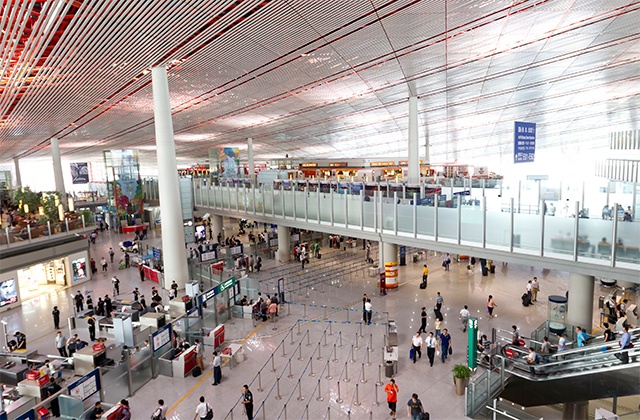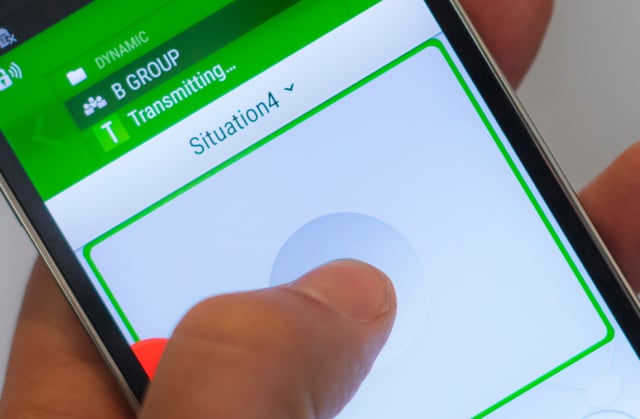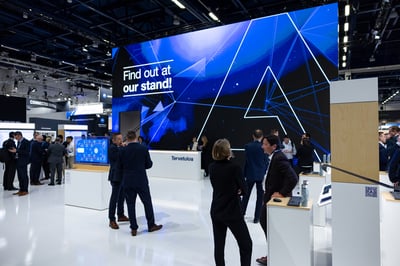Airports depend on professional radio communications to run their operations smoothly. By going ‘smart’ and adopting a hybrid network that delivers the best of both TETRA and broadband broadband solutions, airports can reduce operating costs, manage flights more effectively and improve security.

1. Combined benefits
The many special features and functions offered by the best TETRA systems bring improved efficiency to user organisations. You can gain further benefits by integrating broadband services into your TETRA system, bringing in new multimedia services and professional apps more quickly and securely.
TETRA and LTE can complement each other in a hybrid network – use your TETRA radio network for your mission critical services and a commercial or dedicated LTE network, or even a WiFi network, to provide broadband services.
Should you choose LTE, you can even have your TETRA and LTE subscribers, all your equipment as well as SIM cards managed as one system using Tactilon Management. You will enjoy fully control of your own assets and your users will have the additional security of VPN tunnels.

2. Group communications – also without a TETRA radio
Setting up a TETRA group call is unbeatably fast and reliable. In less than 0.3 seconds – quicker than you can blink – you can be talking to your group, whether they are check in staff or apron crew.
And with Tactilon Agnet, users of TETRA radios and smartphones can also work together using the same talk groups.

3. Group communications for a wider area
When radios and smart device users can use the same TETRA talk group, a smartphone users get another option - with Tactilon Agnet, they can participate in TETRA group communication even when the phone is outside TETRA network coverage!
For example, a manager could be reached from home or from another city, to participate in an urgent TETRA call.
4. Generic apps
Smart airports are almost certainly using broadband and apps professionally. After all, multimedia messaging and video can bring new efficiencies to airport operations. Many publicly available applications can bring benefits to users – as long as security issues are managed carefully.
5. Professional apps
Professional apps designed for airports can provide many more benefits. In particular, fleet management applications, applications that take advantage of location information and shared situational awareness applications are all of interest to airports.
When the members of each team all have the same information, for example the Target Off Block Time (TOBT), the planned time by which the aircraft should be ready to leave the gate, operations can run smoothly.
Why a hybrid network is the best choice
TETRA has been and still is the right investment for any airport looking for a secure, mission-critical communication system. Today, the buyer can smoothly complement the system with a completely new generation of solutions (LTE). Such a hybrid network is the way to go because there is not yet a broadband technology that on its own can give professional users what they need.
Would you like to adopt a hybrid TETRA and LTE network for your airport? Take the first step in the right direction and download the white paper “How an airport should move to LTE the professional way”
Read more about Airbus airport customers and the Digital airports concept





